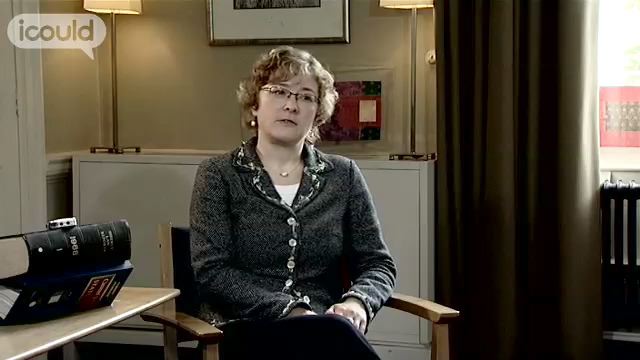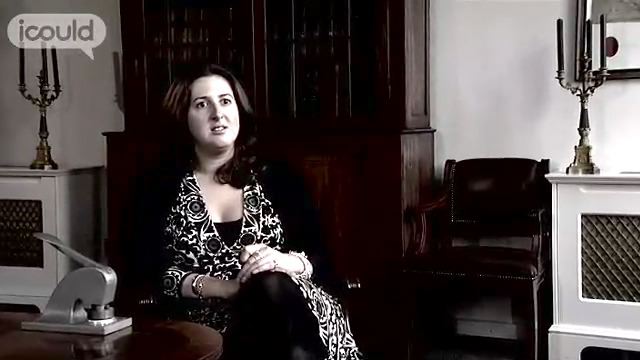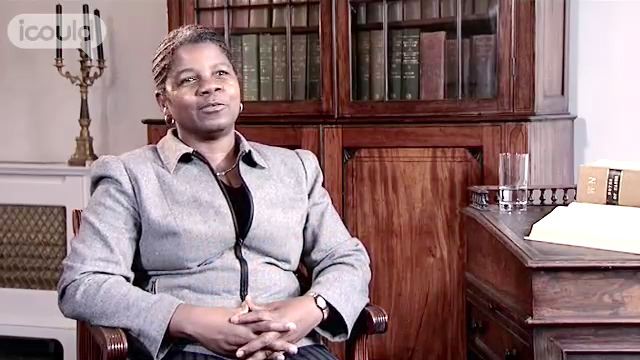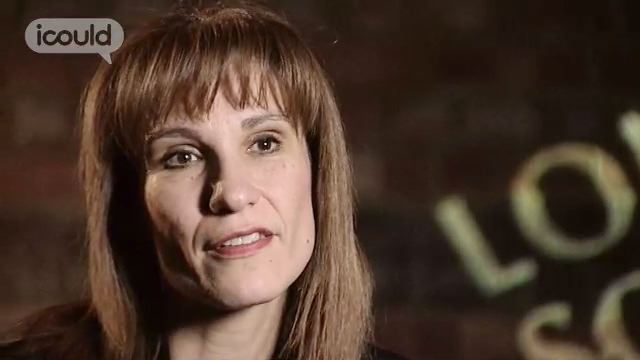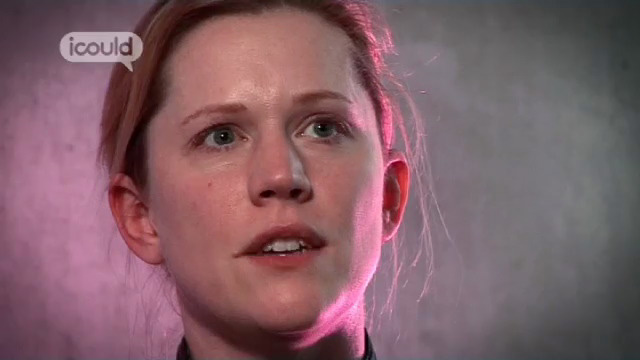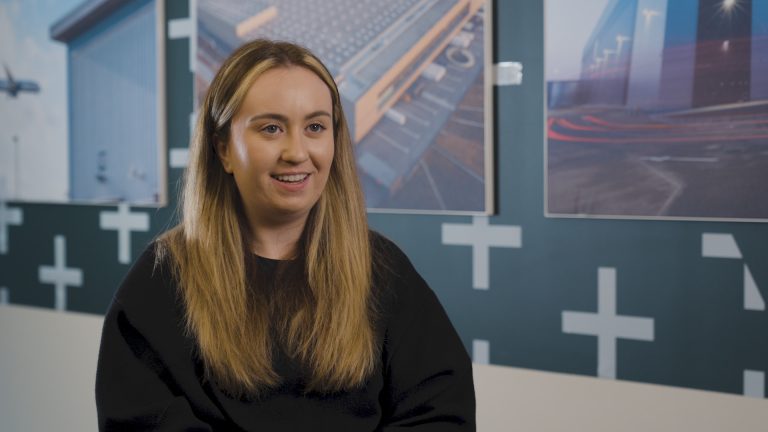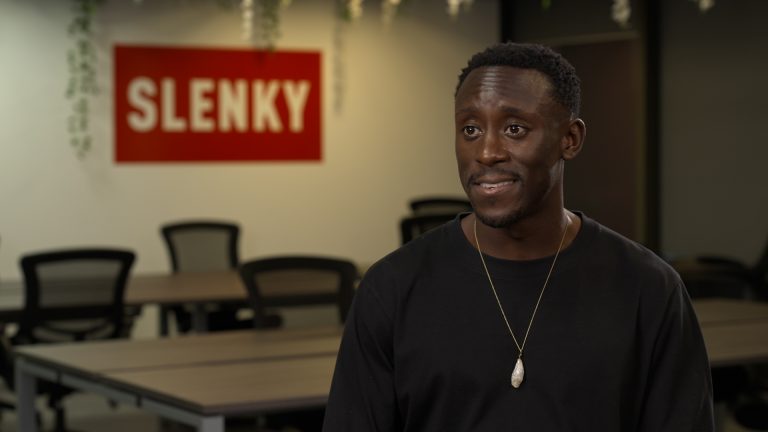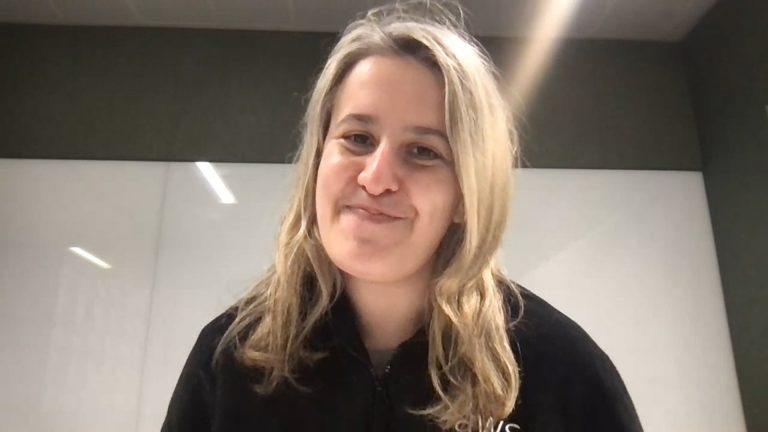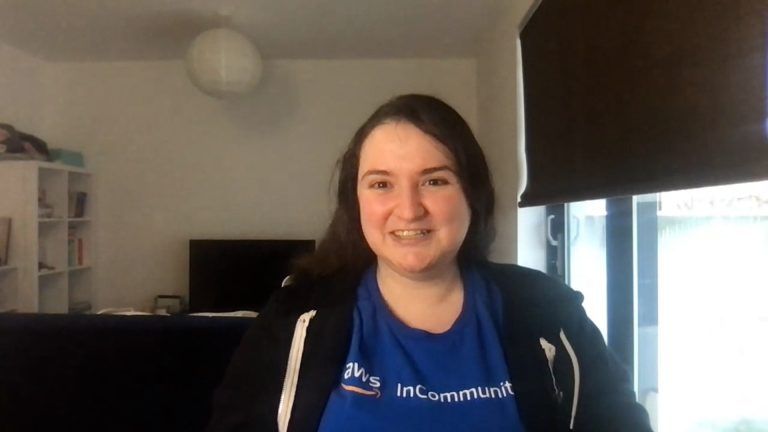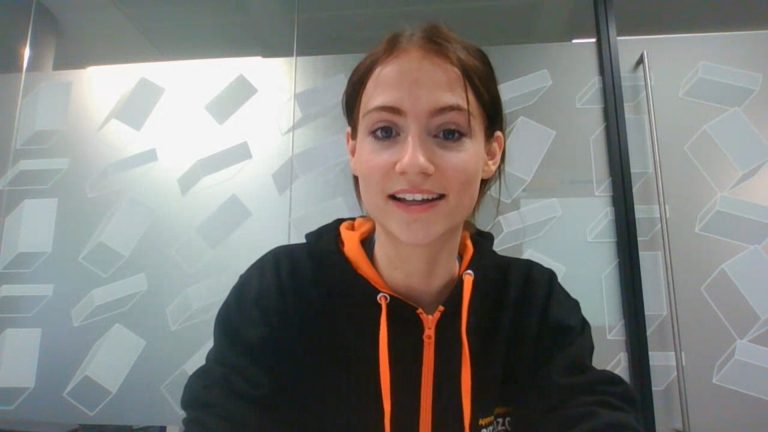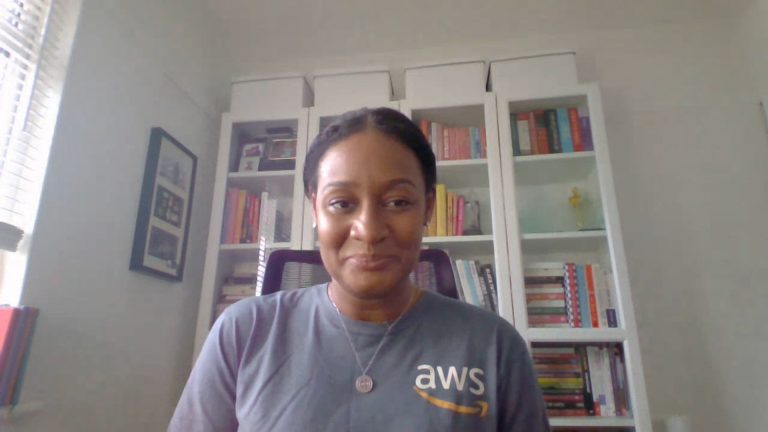Intellectual Property Management and Innovation Consultant - software
University of Edinburgh
Elizabeth V
00:02 My name is Elizabeth V and I’m an intellectual property management innovation consultant.
00:07 It means that I advise businesses, predominantly software companies, physics based high tech companies on how they should manage their intellectual property; patents, trademarks, copyrights, trade secrets.
00:22 A patent is a legal document that proves that you’ve invented something. It gives the person who holds that patent the right to stop anybody from using the patent.
00:36 I’m from the States, obviously my accent. I have lived over in the UK for 17 years. I was originally interested in being a professional cellist. My father was a music teacher and my mother was a mathematician who then turned into a housewife.
00:54 At 17 it was a bit too stressful to be a cellist, too many auditions, too much hard work so I took the easy way and I decided I wanted to be an astronaut.
01:07 Maths and physics at school was easy to me, for some reason I found it interesting and it was something that just kind of came naturally.
01:19 I went to University at the University of Illinois. In my third year at University I had already decided to focus on physics instead of chemistry. I was getting a bit bored at University in the middle of nowhere in farmland in Illinois so I ended up as an exchange student at the University of Manchester.
01:39 I should explain that I do have multi sclerosis and I was diagnosed just before my PHD started and at that point there were several members of my family that had MS. While I was doing my PHD my mother was diagnosed with MS and she deteriorated quite quickly. It made me realise when I was quite young that I was mortal so I then found out that the medical imaging department had some research into MS for their MRI imaging lab and went to the professor in that group once every two weeks for about 2 months explaining to him that I’d really like to work for him, I was very good at pattern recognition, there were a lot of similarities between the research that I did before and his research and finally he caved in, allowed me to come in and work for him. So I spent 3 years as a research associate.
02:45 I don’t think anybody should ever convince themselves that there is only one career path for them. I am a firm believer that you should just keep doing what interests you at the time and that what you’re good at and both of those things should, should actually meet up you, you should enjoy what you’re good at.
03:04 And around this time I got slightly disillusioned with academic research, two things happened in quick succession, one of them was I spoke to some people that I knew in the television industry about possibly becoming a researcher. That resulted in me ending up as a verifier and question setter for University Challenge and I applied for a position in a software company in Edinburgh and got that as well.
03:38 Well they were advertising for software engineers and at the time I had no real training in software development but they recognised that I had certain skills, they hired me on not really knowing what they were going to do with me. Didn’t have any inclination that I was going to be in a different country but I did enjoy being over in the UK so much so that I, I decided to stay.
Elizabeth V is an intellectual property management innovation consultant, “It means that I advise businesses, predominantly software companies… on how they should manage their intellectual property; patents, trademarks, copyrights, trade secrets”. She came to the UK as an exchange student from the USA and enjoyed it so much she has stayed for 17 years. Despite being diagnosed with MS, she has had a varied career, including a stint as a question setter and verifier for University Challenge!
More information about Legal professionals n.e.c.
The UK average salary is £29,813
There are 37.5 hours in the average working week
The UK workforce is 47% female and 53% male
Future employment
- Co-ordinates the activities of magistrates courts and advises magistrates on law and legal procedure
- Provides legal advice to individuals within Citizens Advice, Law Centres and other such establishments
- Drafts and negotiates contracts on behalf of employers
- Advises employers, local and national government and other organisations on aspects of law and legislative implications of decisions made
- Advises on, drafts documents for and assists in all aspects of property conveyancing
- Collates information, drafts briefs and other documents, interviews and advises clients and undertakes preparatory work for cases
- Represents public and private organisations in court as necessary
